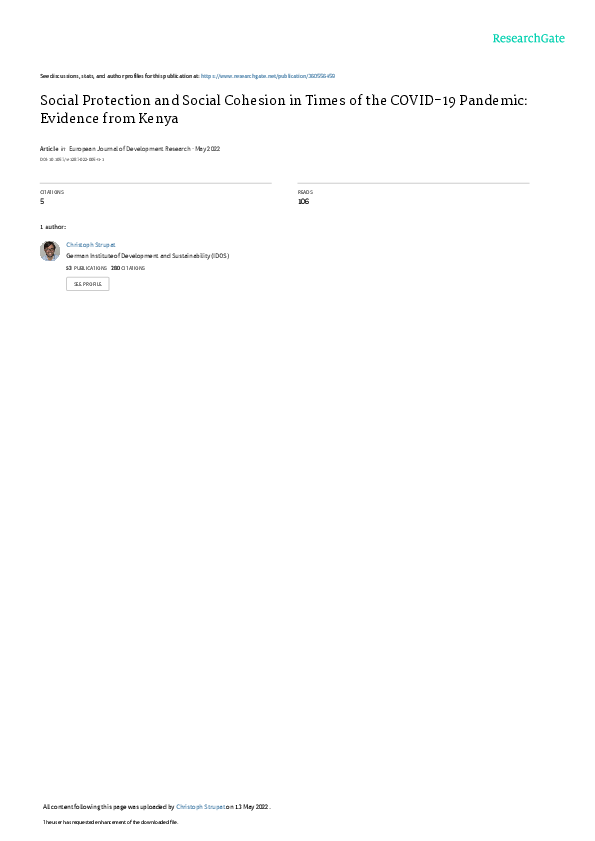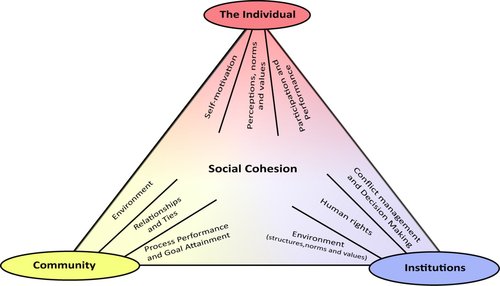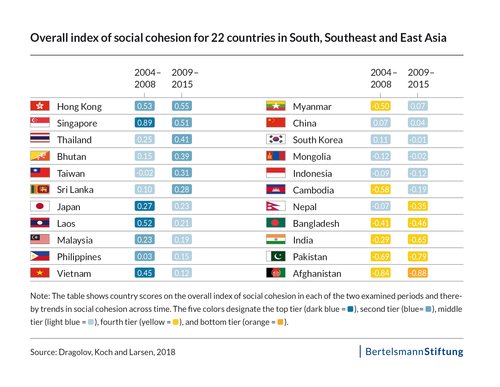Social protection and social cohesion in times of the COVID-19 pandemic: evidence from Kenya
Key facts
Participation
Orientation towards the common good
Cooperation
Economic development
Summary
This paper examines empirically whether social protection in the form of social assistance programmes are affecting social cohesion during the COVID-19 pandemic. Using unique primary data from nationally representative, in-person surveys from Kenya allows for the exploration of the effect of social protection on attributes of social cohesion. The analysis employs a difference-in-differences approach that compares households with and without social assistance coverage before and after the first wave of the pandemic. The main findings show that social assistance does not influence attributes of social cohesion. One potential explanation of this result is that social assistance benefits were in general too small to entirely offset the negative economic consequences of the pandemic. Overall, these results point to the limitations of social assistance programmes that do not necessarily affect social cohesion in times of large covariate shocks, such as the COVID-19 pandemic.

Explore the hub further

Towards measuring social cohesion in south Africa: Lessons for Nation Branding Developers



